Click here visit our Research-supported educational program for children
Schools as Sorting Machines: School of Wet Markets
PODCAST BLOG
Bryant Goh
1/16/20253 min read
Building on the themes explored in the podcast Weight of Expectations: Children as Symbols of Success, this post delves deeper into the societal trends that drive parents toward private education. It critically examines the risks of following educational fads and the unintended consequences of commodifying learning.
Public schools often face systemic challenges such as underfunding, rigid curricula, or large class sizes, which may leave gaps in meeting diverse student needs. As such, when public schools cannot deliver certain educational outcomes for students, where do parents seek assistance to address these gaps?
The answer often lies in private education centers or schools, which claim to follow accredited or well-known curricula. Like a bustling wet market—where vendors compete for attention—the private education sector is crowded with businesses vying for parents' trust, often through extravagant promises. Mortimore (2011) describes this phenomenon as marketization, which “has also fueled the ambition of private companies to take over former public institutions with the hope of using business methods to improve results and, at the same time, pocketing large amounts of public money and gaining valuable real estate” (p. 342).
While some private education businesses genuinely aim to address educational gaps, others prioritize profit over quality. These businesses often charge exorbitant fees, relying on marketing campaigns that exploit parental anxiety and societal trends. Unfortunately, the pursuit of perceived “premium” education can sometimes lead parents into a cycle of unmet expectations and financial strain.
The Friction That Causes Mistrust
Private education business owners frequently make ambitious promises to attract clients, often excluding educators from these agreements or failing to communicate expectations clearly. This misalignment creates friction between what is offered and what parents expect. Parents, understandably frustrated by unmet promises, may direct their dissatisfaction toward educators, who, in turn, feel unsupported by their employers.
This toxic dynamic fosters a stressful environment for all involved. Educators experience burnout, parents lose trust in the system, and children—the most important stakeholders—suffer from inconsistent care and education. Based on my past experiences, I’ve seen how such situations lead to high attrition rates among educators, frequent staff turnover, and eventual reputational damage to the education business. This instability invites questions about the quality and integrity of the programs offered.
The Unexpecting Parent and Their Trust
Parents often place immense trust in private education businesses to deliver on promises that public schools could not fulfill. Marketing campaigns, coupled with societal pressure to “not fall behind,” can make these programs appear indispensable. Mortimore (2011) notes that “markets [especially private education services/schools/centers] take no account of what can be termed the national interest. Instead, they favour the interests of those likely to be the best customers – the rich and powerful” (p. 342).
For example, if academic trends prioritize S.T.E.A.M. subjects, private education businesses often tailor their offerings to capitalize on this demand. But do these programs genuinely deliver on their promises? Or are they cleverly marketed schemes designed to profit from parents’ fears of their children missing out?
A concerning reality is that many private education business owners lack formal teaching qualifications, instead holding degrees in business, sales, or marketing. Parents may equate popularity with quality, believing that a program’s enrollment numbers reflect its effectiveness. While some businesses meet their claims, others fall short, delivering subpar services that fail to address even basic educational needs.
Breaking the Cycle of Mistrust
When private education businesses fail to meet expectations, parents face both financial loss and the opportunity cost of their children’s education. Mortimore (2011) explains, “An inevitable result of marketisation [is] a parental obsession with making ‘the right choice’ and consequently high levels of stress for many parents who fear that they may be disadvantaging their child by making what may turn out to be the wrong decision” (p. 341). This cycle of trust, disappointment, and renewed search for alternatives creates long-term frustration and instability.
To avoid falling into this cycle, parents should critically evaluate education programs by asking the following questions:
Is the program/curriculum evidence-based?
What are the qualifications of the educators in this program?
What metrics are used to assess student outcomes?
How many students are in one class?
In the event of an educator change, what are the handover procedures?
How do educators ensure that students are fully engaged in the class?
Private education can offer valuable solutions, but discerning parents must navigate this space with care. By seeking transparency and prioritizing quality over marketing hype, parents can make informed decisions that truly benefit their children.
For more insights and perspectives from educators, tune in to the podcast: Schools as Sorting Machines: School of Wet Markets on Spotify!
References
Mortimore, P. (2011). Markets are for commodities, not children. FORUM, 53(3),
339-347. https://doi.org/10.2304/forum.2011.53.3.339





